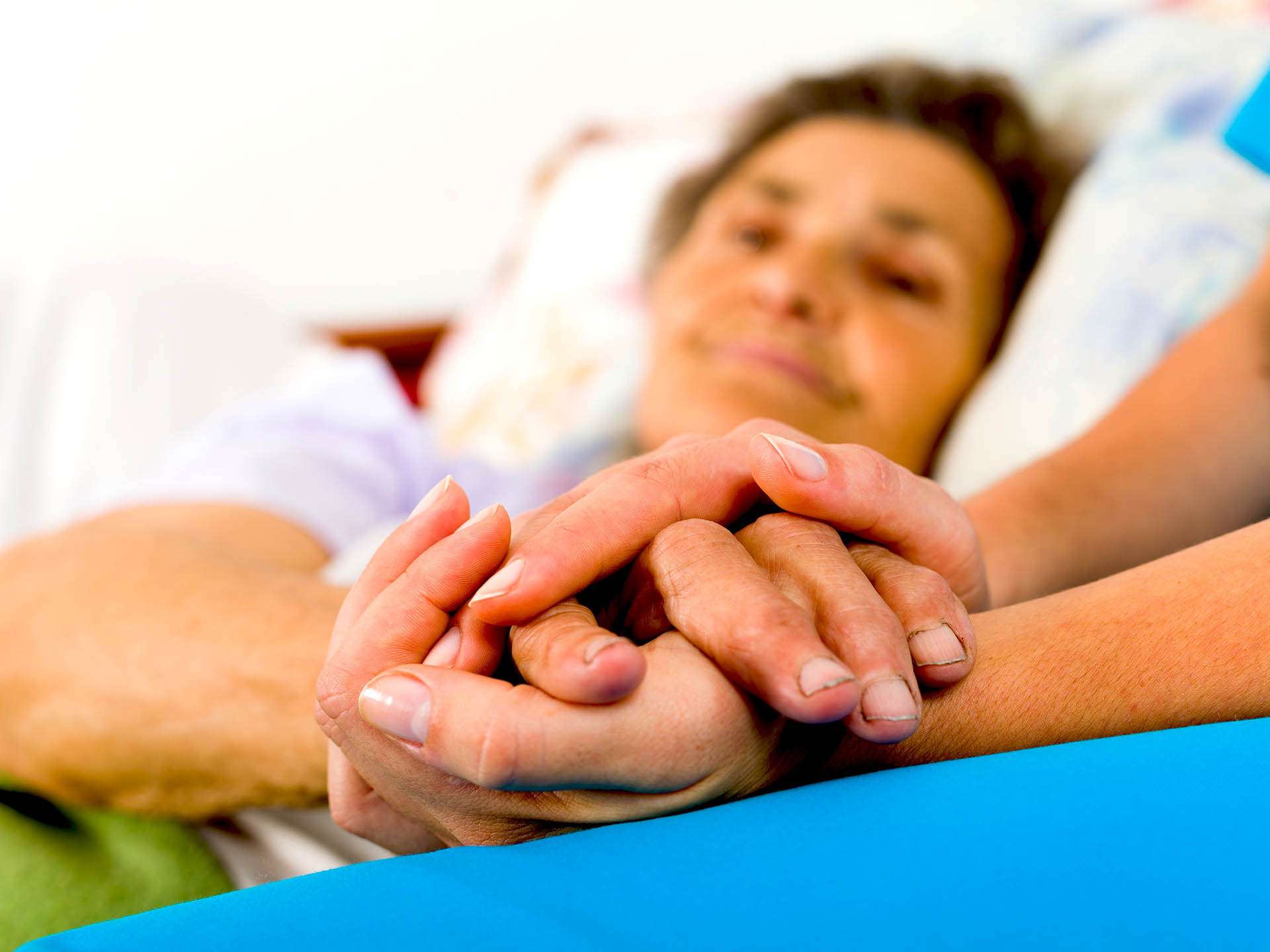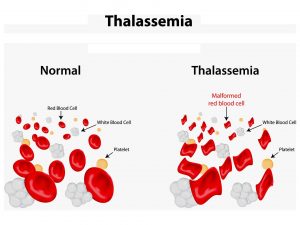The World Health Organization (WHO) defines palliative care as “an approach that improves the quality of life of individuals and their families facing the problems associated with life-threatening illness through the prevention and relief of suffering by means of early identification and impeccable assessment and treatment of pain and other problems, physical, psychosocial, and spiritual.”
Palliative care is not synonymous with end-of-life care. For many years, palliative care was exclusively for those with cancer and patients with progressive end-stage disorders.
Targets of palliative care:
- It helps patients cope with the concept of death as part of a normal life process, to die with dignity.
- To provide pain relief.
- To neither hasten nor postpone death.
- To provide psychological and spiritual care and support to the patient.
- To help patients live as actively and independently as possible until death.
- To provide comfort and bereavement support to the family.
Who can provide palliative care?
There are two groups of health and social care professionals who can provide palliative care. These are:
- Non-specialists who provide day-to-day care and support of patients and their primary caregivers in their homes and hospitals. They address and understand the patient care needs and also seek advice from/refer to specialist palliative care services when the situations become more challenging.
- Specialist palliative care providers are consultant palliative care physicians/nurses. These specialists may provide the care via day centres, hospital, hospice, or community teams.
What are the components of palliative care?
- Good symptom control is one of the baseline requirements of palliative care.
- Supportive care includes teaching the patient self-help and educating them about how to keep themselves well and as active as possible.
- Involvement of family and caregivers.
- Providing psychological support to patient and family.
- Providing social support to patient and family.
- Providing spiritual support to patient and family.
- Establishing communication.
- Provide support for emotional adjustment.
- Rehabilitation.
- Treating disease symptoms. In cancer patients, it also helps patients cope with side-effects of treatments such as chemotherapy or radiotherapy.
- Addressing sexual problems, infertility or and loss of libido.
- Addressing problems related to loss of work-days, occupation and feelings of worthlessness.
- Dietary guidance and advice to deal with loss of appetite, weight loss, and develop healthy nutrition.
- Advice regarding travelling and entertainment.
- Advice and assistance regarding financial problems.
Palliative care involves care for people with cancer or with long-term serious illnesses such as kidney failure, AIDS, Alzheimer’s disease, etc.
A palliative care team may consist of:
- Palliative care physicians/nurses.
- Private nursing providers.
- Patient groups.
- Family, friends,neighbours, volunteers.
- Counsellors, therapists, psychologists, and psychiatrists.
- Dieticians.
- Occupational and speech therapists.
- Religious and spiritual care workers.
- Complementary therapists such as those providing massage, acupuncture, etc.
- Social workers.
- Benefit advisers.






























